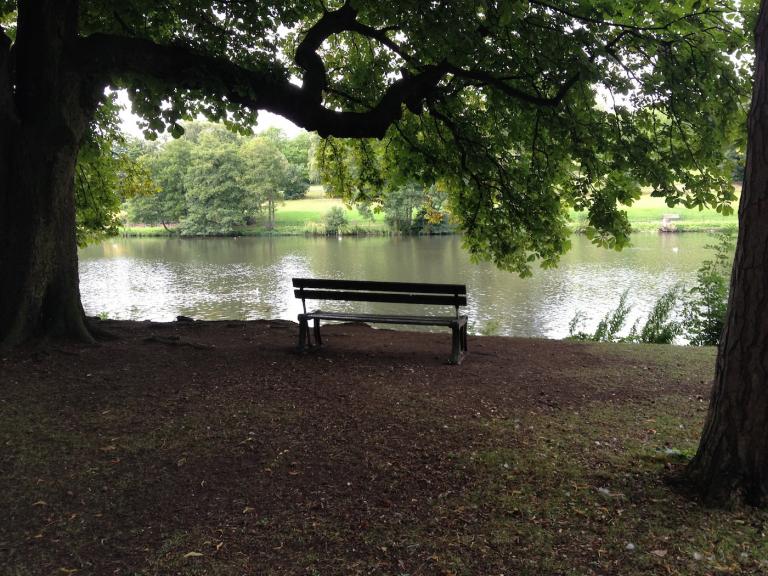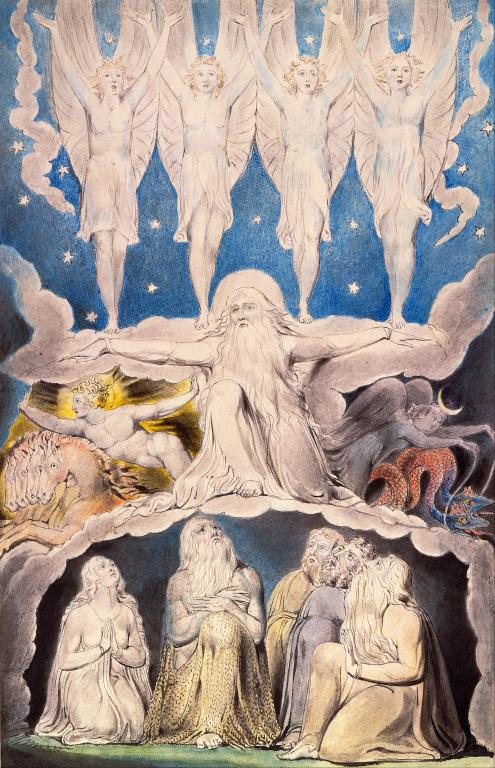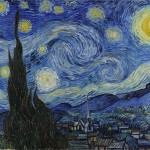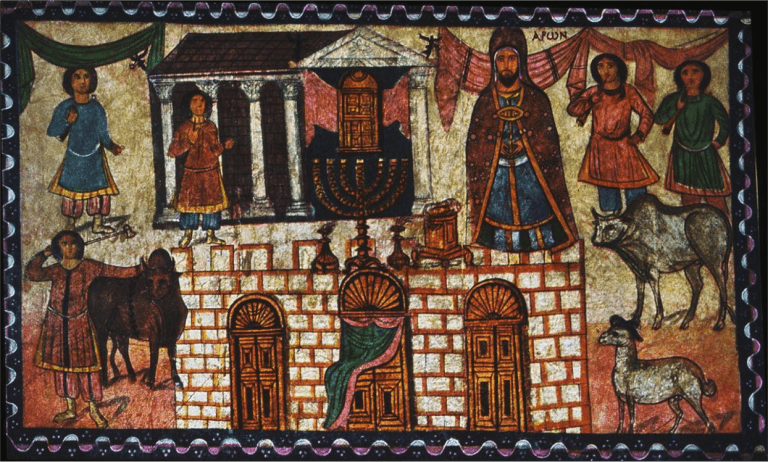Ordinary Time
27 February 2019
The Edge of Elfland
Concord, New Hampshire
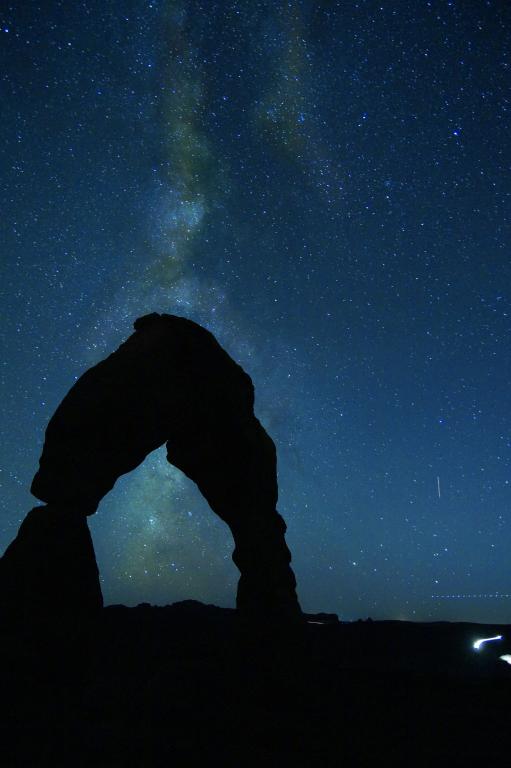
Dearest Readers,
Today we commemorate the life and death George Herbert. Herbert was born in Wales (a fact I find interesting as my name day, St. David’s Day, is on Friday) and lived to become a celebrated Anglican priest and poet. I was first introduced to Herbert when I picked up a small volume of his poetry from charity shop in the UK. Thus it seems only fitting to me that I choose one of his most famous poems: “Prayer (I).” It seems even more fitting to me to contemplate this poem with Lent arriving a week from today:
Prayer the Churches banquet, Angels age,
Gods breath in man returning to his birth,
The soul in paraphrase, heart in pilgrimage,
The Christian plummet sounding heav’n and earth;Engine against th’ Almightie, sinners towre,
Reversed thunder, Christ-side-piercing spear,
The six-daies––world transposing in an houre,
A kinde of tune, which all things heare and fear;Softnesse, and peace, and joy, and love, and blisse,
Exalted Manna, gladnesse of the best,
Heaven in ordinarie, man well dress,
The milkie way, the bird of Paradise,
Church-bels beyond the starres heard, the souls bloud,
The land of spices; something understood.
Perhaps the first thing I notice about this poem is that it is a sonnet, a Shakespearean or English sonnet. This means that we should look for varied meditations on the subject of prayer in each of the three quatrains. In the first Herbert is drawing us up to heaven. Prayer is given as the food of the church, the age of the ageless angels, it is way of understanding the self as united to Heaven. This is most clear in the final line of the first stanza. Prayer is the plummet, the measuring line that the Christian uses to measure the depths of earth and heaven. Prayer draws us up. But it does more.
The second stanza shows an understanding, I think, of the imprecatory psalms, of the desire to pull God down that had seized the builders at Babel. That phrase, “reversed thunder” sends shivers through me. In thunder, of course, the gods belt out to us from the heavens. But in the reverse, we thunder up to the heavens with our cries and calls. With these selfish prayers, we pierced the side of Christ, we upturned the world in a hour that was made in six days. I’m not certain what Herbert means by the final line in this stanza, but I wonder, and the final stanza makes me think it, that perhaps it is some infernal mockery of the music of the spheres. That music moves the planets, ours causes fear.
But prayer does not end in anger. It resolves. I love Herberts use of the word bliss. One of my sons is named Edwyn or bliss-friend. Tolkien used this name to signify those willing to receive the bliss offered by the Valar, the angelic gods who ruled and shaped Middle-earth. Julian of Norwich, of whom Herbert may have known, uses it to discuss the Trinity, ascribing it to the Son as a gift he gives to us. Prayer, then, is that connecting point, a place where (though not the only) we are connected to the Son. And this is seen most clearly toward the end: “The milkie way, the bird of Paradise,/Church-bels beyond the starres heard….” Now, instead of our rage thundering up to heaven, it is the bells of the Church which ring with our prayers and are heard beyond the music of the spheres, beyond the milky way, the fixed stars, the Primum Mobile, to borrow from Dante, into the Empyrean, to God himself. He hears and he understands and he shares that understanding with us. This is what it means to pray.
Sincerely,
David Russell Mosley






